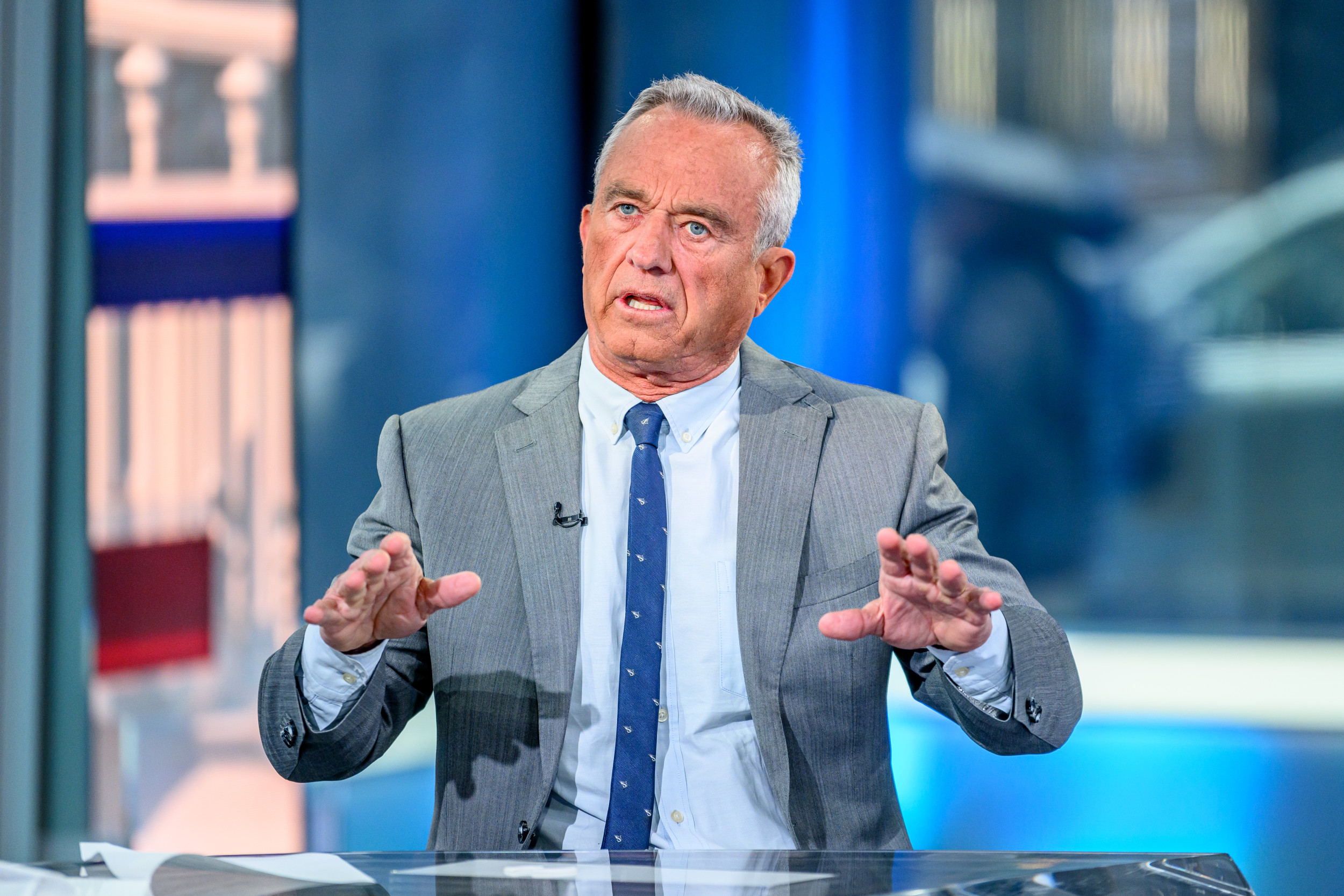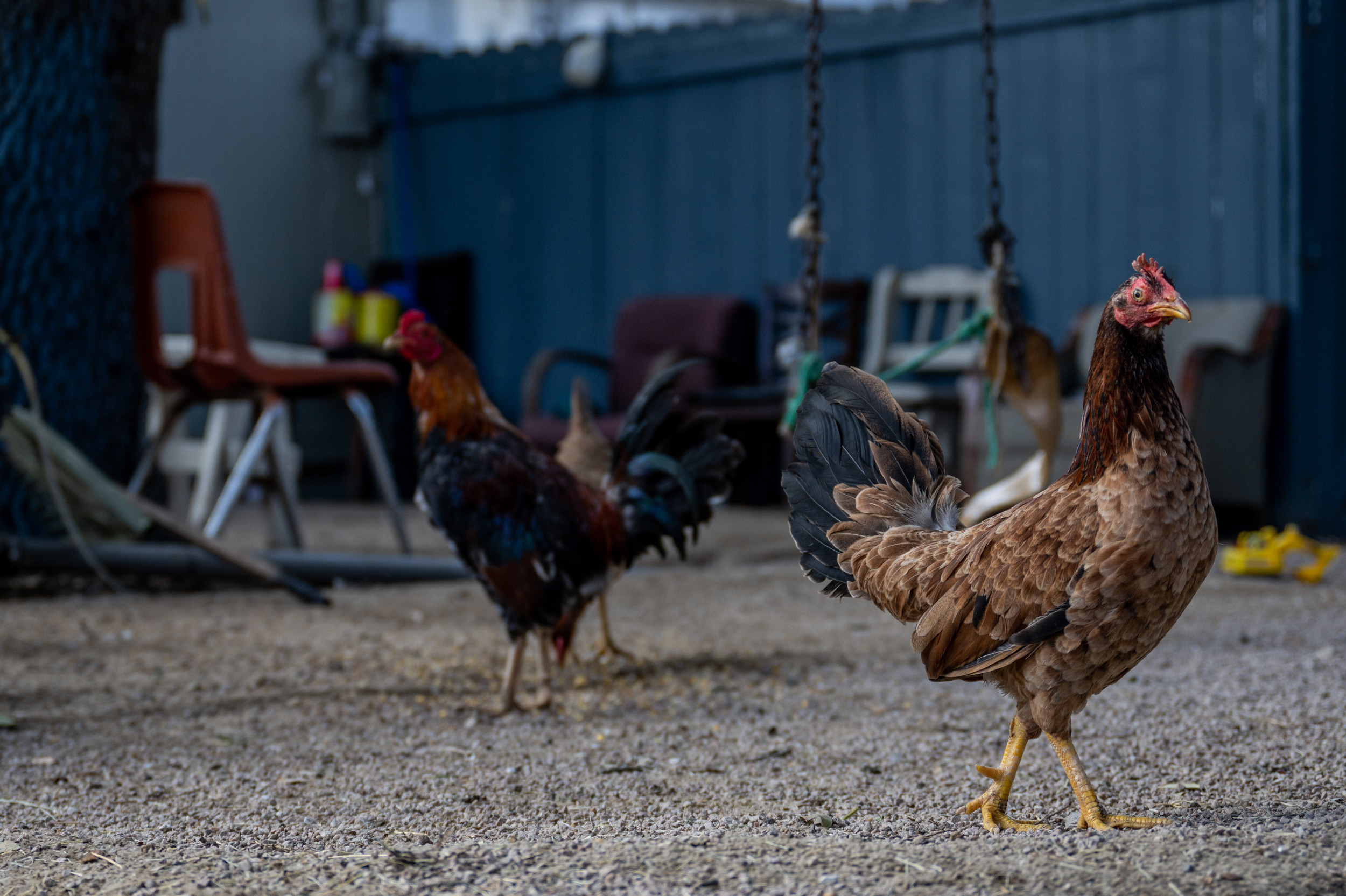
Brazil has come a long way. Just a few years ago, if a former member of an armed guerrilla band was about to become president of Latin America's biggest democracy, there would have been a run on Valium. But with all opinion polls touting Workers' Party candidate Dilma Rousseff for a landslide victory in the Oct. 3 elections, an uncanny serenity has settled over the hemisphere's biggest emerging nation, and it has nothing to do with controlled substances.
With the Brazilian economy booming, poverty falling, and an avid new middle class hitting the supermarkets and malls, Brazil is in a sweet spot. Once a pushover for financial turmoil, Brazil survived the Great Recession largely unscathed and is growing at a blistering pace of 10 percent per year (though it may cool to 6 percent by year's end). With at least 9 billion to 15 billion barrels (and possibly much more) of oil lying just off the coast, the national oil giant, Petrobras, just raised $67 billion—the biggest public-share offering in global financial history. Officials are already gussying up Brazil for the 2014 World Cup and the 2016 Olympic Games, not to mention the cash and glory that such international showcases bring. Now some people seem to think that handing the presidency to a onetime operative for the National Liberation Command could spoil the idyll. Problem is, they might be wrong.

The worry is not so much that Rousseff will suddenly channel her woolly past, strap on a bandoleer, and take this ascendant nation on a jag to the radical left. As the presidential chief of staff and mining-and-energy minister before that, she proved a consummate pragmatist with a geek's head for numbers. Over and over again she has sought to reassure voters, executives, and the press that she will make no radical changes to the Brazilian economy and vows to keep inflation low, honor debts, and basically respect the ground rules of the market economy. More important, she has sworn to abide by her mentor, President Luiz Inácio Lula da Silva, whose steady hand and political horse sense kept Brazil stable and prospering. "We are going to follow Lula's path!" is Rousseff's stump refrain.
But it won't be so easy. For the last eight years, Lula has governed with a mixture of parsimony at home and hubris abroad. The former steadied the accident-prone economy and won him kudos from international moguls and creditors; the latter may have flattered an assortment of anti-Western despots and brutes, such as Mahmoud Ahmadinejad and the Castro brothers, but, more important, placated his comrades on the Brazilian left who felt orphaned by his market-friendly economics. Holding it all together was a wave of new public-service jobs—including more than 31,000 political hires—that kept the fractious center-left ruling coalition in pork and privileges, allowing Lula a free reign.
Though no admirer of the free market, Lula has had an uncanny sense of what it takes to survive in the competitive global economy, and he never flinched in suppressing lefties in his own party when it came to backing a hawkish monetary policy or vetoing a populist line item from the hinterlands. He's also blessed with an extra skin of Teflon, which has kept him untainted through a series of corruption scandals and misdeeds that have toppled dozens of his top aides and legislators, including two chiefs of staff.
Managing through those issues takes a combination of charisma, diplomacy, and masterful politics—a rare combination in Latin American politics, and glaringly absent in Rousseff. Though regarded as an able bureaucrat, Lula's anointed candidate is a dull campaigner and something a hothead. "I've seen her aides tongue-lashed in public," said a senior Brazilian economist who, understandably, asked not to be named. Tellingly, for all her poise, she has never held elected office or even run for one. Mindful of the challenge, Lula is playing professor Higgins to her Eliza Doolittle, squiring her across the country, inaugurating public works, delivering her campaign warmup speeches, and presenting her to voters as "my candidate." Her chief rival, former São Paulo governor José Serra, likens voting for her to choosing a "sealed envelope" (no one know's what's inside). But with Rousseff's 15-point-plus lead, that sounds more like sour grapes.
Some critics fear she will try to grow the already bulky Brazilian state and pick favorites in the corporate world to bless with credit and incentives. Yet the real key to succeeding at Latin America's most powerful job probably has less to do with what Rouseff believes than in the company she keeps and her ability to keep her companheiros in check. Political scientists Alberto Carlos Almeida predicts "serious conflicts in the Rousseff administration, not with the opposition but among members of the ruling alliance."
For Latin America's aspiring power with a long list of unfinished reforms—for instance, the money-losing pension system and one of the heaviest tax burdens in the developing world (heavier, than India, China, Turkey, Thailand, Indonesia, Mexico, and Colombia)—a steady hand at the top is key. For Rousseff, winning the election could be the easy part.
Uncommon Knowledge
Newsweek is committed to challenging conventional wisdom and finding connections in the search for common ground.
Newsweek is committed to challenging conventional wisdom and finding connections in the search for common ground.





